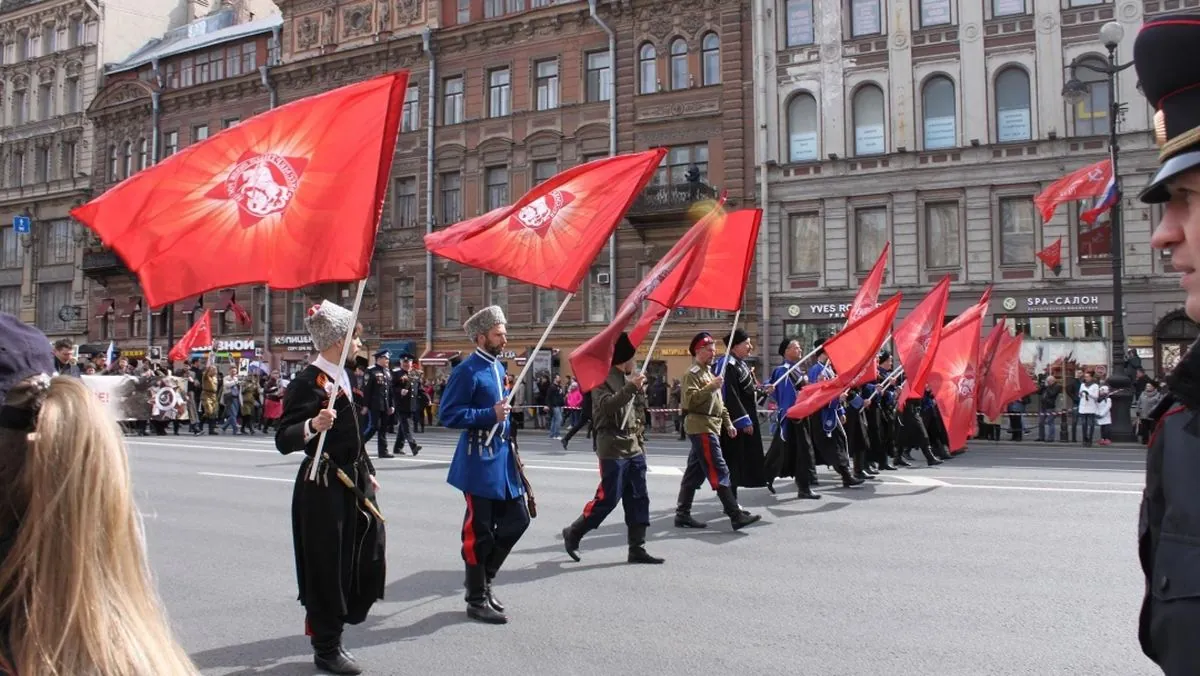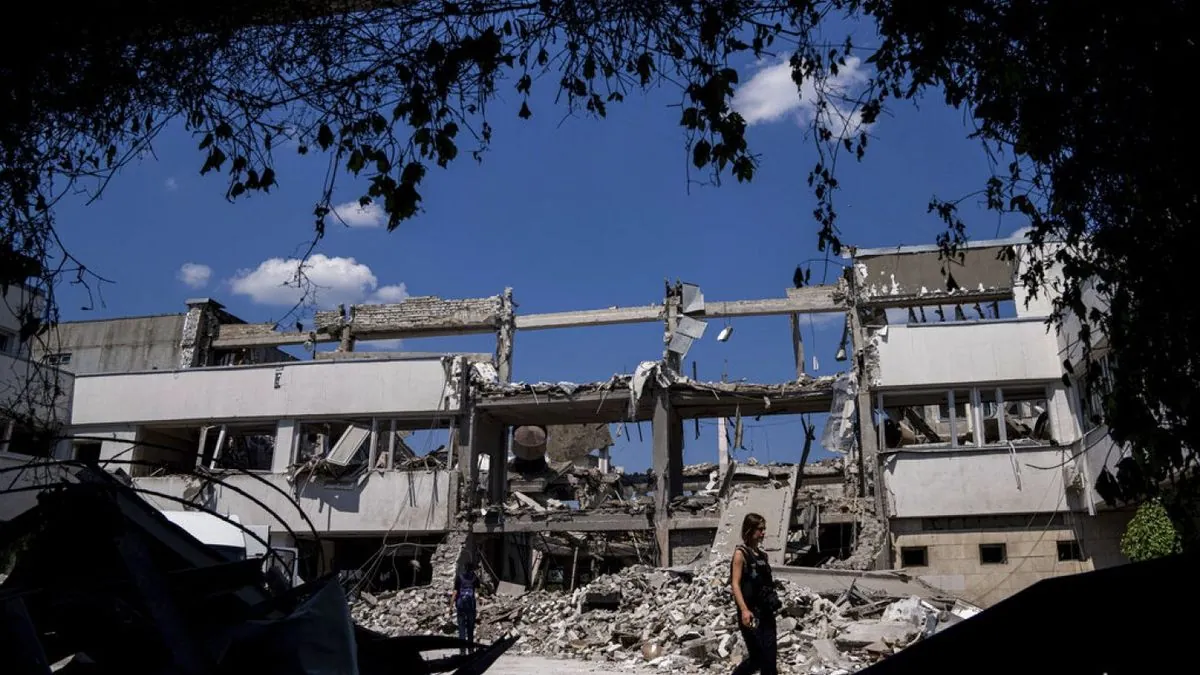Russia's Youth: Shaping a New Generation Amid War and Propaganda
Young Russians navigate a complex landscape of patriotism, conformity, and dissent as the Kremlin intensifies efforts to mold their worldview. The war in Ukraine has become a catalyst for reshaping Russian society.

In Russia, a new generation is emerging amidst the backdrop of war and intense propaganda. The Kremlin's efforts to shape young minds have intensified since the invasion of Ukraine in February 2022, creating a complex landscape where youth must navigate between conformity, avoidance, and resistance.
Maryana Naumova, a 25-year-old former powerlifter turned war correspondent, exemplifies the young faces championing the government's narrative. With a significant following on Telegram and a show on Channel One, Naumova reports from conflict zones, portraying Russian forces as liberators rather than invaders.

A poll conducted by the Levada Center in August 2023 revealed that 69% of Russians aged 18-24 supported the war in Ukraine. However, this support is not uniform, with many young people disengaging from politics or actively resisting the state's narrative.
The Kremlin has dramatically expanded its focus on youth indoctrination. In September 2022, schools introduced a class called "Conversations About Important Things," presenting the government's perspective on national identity and world events. New history textbooks, introduced in September 2024, blame the United States for the conflict in Ukraine and include quotes from Vladimir Putin justifying Russia's actions.
"Russia did not start any military actions but is trying to end them."
The militarization of youth has also accelerated. The Youth Army, created by the Russian Defense Ministry in 2016, has grown to over 1.3 million members since the invasion. Schools now feature "hero desks" honoring fallen soldiers, and new courses on combat and drone operation have been introduced.
Young Russians are increasingly divided into distinct groups. Conformists, like 21-year-old Mikhail Dkhnyakov, embrace the state ideology and see it as a path to success. Others, like Yegor Balazeikin, choose resistance and face severe consequences. Balazeikin, arrested at 16, is now serving a six-year prison sentence for protesting the war.
Many young people, however, remain apolitical, focusing on their personal lives amidst the sociopolitical upheaval. This group navigates a fine line, neither openly supporting nor opposing the regime.
The rise of youth-oriented patriotic figures like Ekaterina Mizulina, who heads the Safe Internet League, demonstrates the government's multi-faceted approach to influencing young minds. Mizulina has gained a significant following among teens, blending pop culture appeal with staunch pro-government messaging.
As Russia continues to reshape its society, the impact on future generations remains a critical concern. The current youth, raised in this environment of heightened patriotism and restricted information, will play a crucial role in determining Russia's trajectory in the coming decades.


































